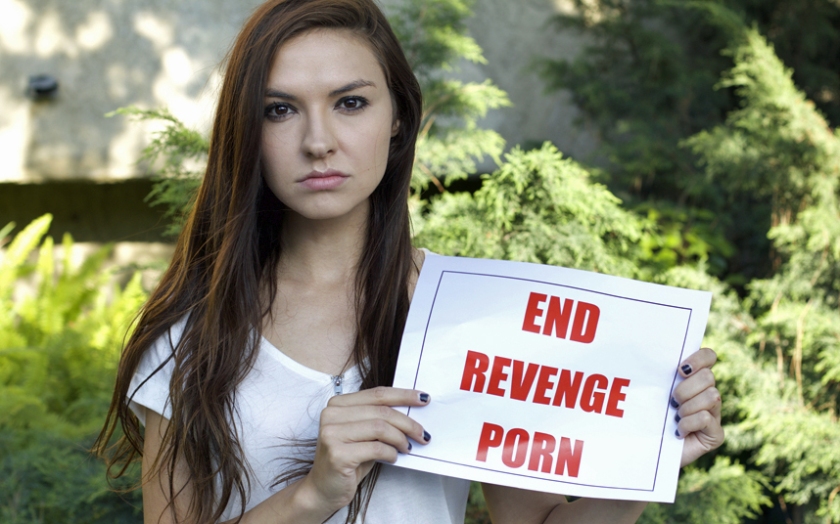 Image: Are there “Revenge Porn” laws in Ohio? | WKYC.com. (n.d.). Retrieved September 22, 2017.
Image: Are there “Revenge Porn” laws in Ohio? | WKYC.com. (n.d.). Retrieved September 22, 2017.
Social media now plays a significant part of our lives, as does the use of smartphones allowing users easy access within seconds at the touch of a button. Popularity is on the rise with increased use of social media websites such as Facebook, Twitter, Instagram and Pinterest (Fennel & Freeman 2015).
A study reported by Henry, Powell, & Flynn (2015) found that 1 in 10 Australians reported that someone had posted online or sent onto others a nude or semi-nude image of them without their permission often referred to as revenge porn.
‘Revenge pornography’ refers to the non-consensual distribution of nude or sexually explicit images (Revenge 2016).
In June 2017, new laws were passed by NSW parliament to crack down on the horrendous trend of revenge porn, also known as image-based abuse (Saulwick 2017).
While we do not have moral police in Australia policing online postings and blogs like other countries such as Iran, Saudi and Indonesia where public floggings and beheadings are currently carried out in public squares for social media blogging. We do need to clamp down on images that depict sexual acts or images.
We need to make sure that images of a sexual nature uploaded onto social media sites, such as porn revenge is made illegal in every state and territory.
Revenge porn is definitely overstepping the mark when it comes to morality and ethics. We need to continue to question what social media posts are acceptable, without impinging on freedom of speech and bowing down to political correctness.
Photos uploaded of a sexual nature without ones consent is definitely overstepping the mark and should be made unlawful in every state and territory.
This is where ethical uncertainty becomes unethical certainty where lines can be defined.
There is some interesting commentary on the following Q&A program that was aired on ABC prior to laws being put in place regarding ‘revenge porn’. Well worth a watch.
Powell, Flynn, Henry (n.d.). FactCheck Q&A: Retrieved September 22, 2017.
References:
Fennel,S., & Freeman, N.K, (2015). Smartphones ans Social Media. YC: Young Children, 70(1), 98-101.
Powell, A., Flynn, A., & Henry, N. (n.d.). FactCheck Q&A: are there laws to protect against “revenge porn” in Australia? Retrieved September 22, 2017, from http://theconversation.com/factcheck-qanda-are-there-laws-to-protect-against-revenge-porn-in-australia-74154
Henry, N., Powell, A., & Flynn, A. (2015). Submission to the NSW Standing Committee on Law and Justice Inquiry into Remedies for the Serious Invasion of Privacy in New South Wales.
Revenge porn: do Australian laws go far enough? (2016, October 24). Retrieved September 22, 2017, from https://nest.latrobe/revenge-porn-do-australian-laws-go-far-enough/
Jacob Saulwick. (2017, May 22). NSW moves to strengthen laws to stamp out ‘revenge porn’. The Sydney Morning Herald (Sydney, Australia), p. 11.
Image: Are there “Revenge Porn” laws in Ohio? | WKYC.com. (n.d.). Retrieved September 22, 2017.